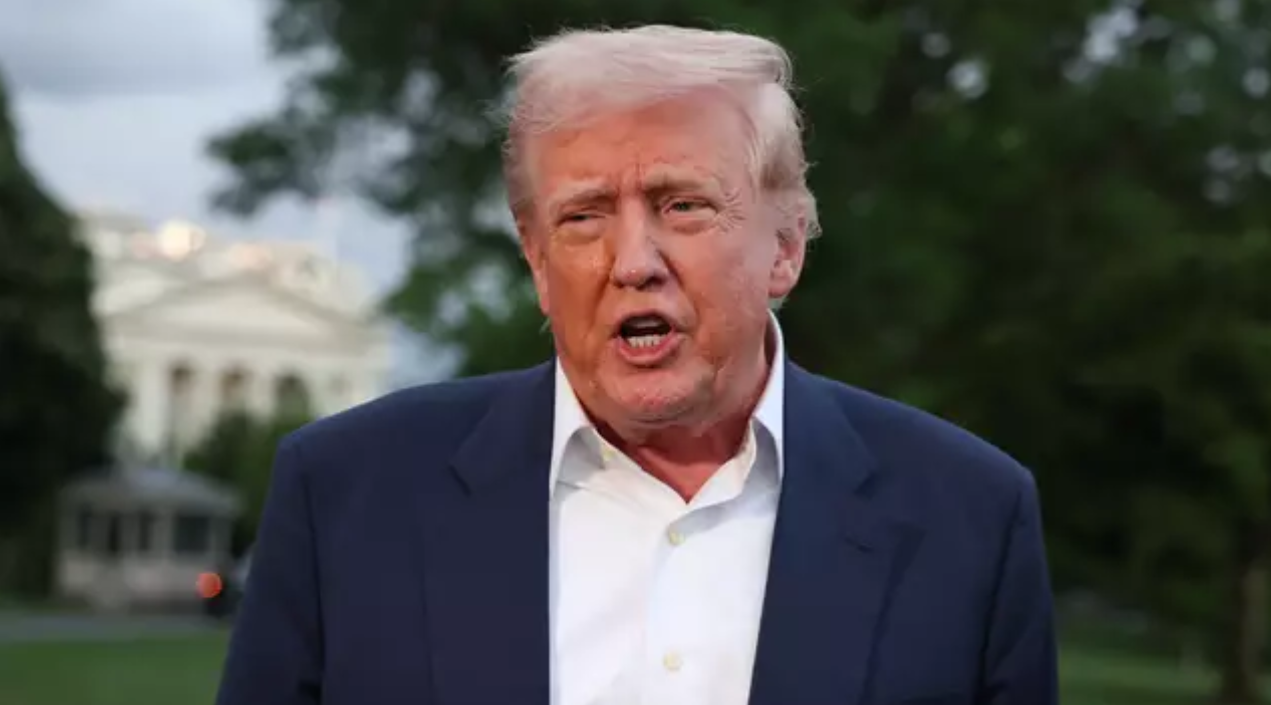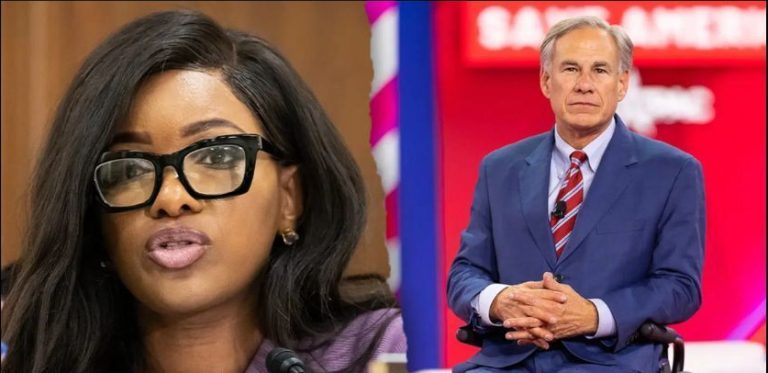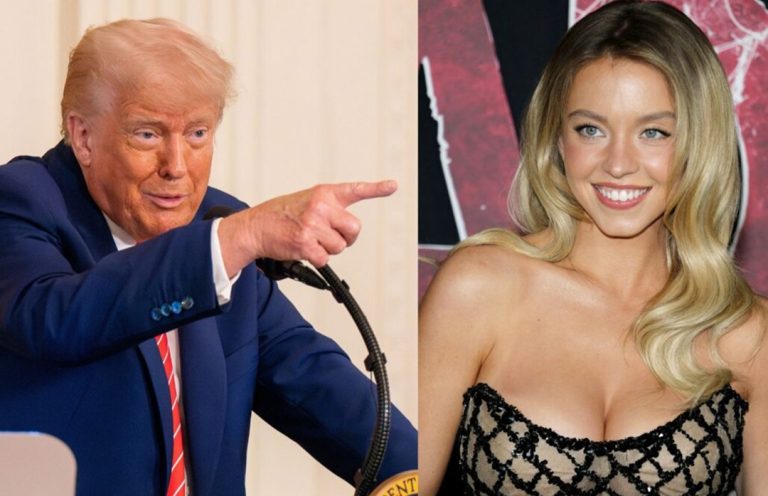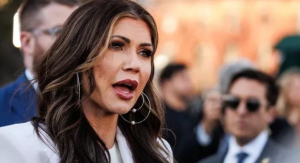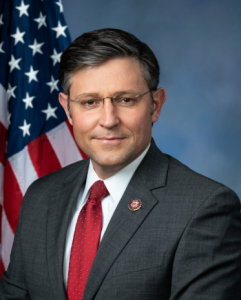Federal Communications Commission (FCC) Chairman Brendan Carr is expected to deliver a pivotal update this week to a group of Republican lawmakers concerning the controversial role of billionaire George Soros and his potential influence over local radio stations across the United States. The closed-door meeting, scheduled for Wednesday, comes at a critical time as Republicans intensify scrutiny over media ownership and perceived partisan interference in public broadcasting.
Carr is slated to meet with members of the Republican Study Committee (RSC), a powerful coalition comprising 175 conservative members of the U.S. House of Representatives. According to a Fox News report, Carr’s presentation will focus on Soros’s indirect ownership ties to over 200 radio stations through an investment firm linked to his Soros Fund Management.
The briefing follows months of escalating concern among GOP lawmakers, who say the acquisition could distort public discourse and compromise regulatory integrity—especially with a pivotal presidential election looming in November.
The Audacy Deal and Soros’s Involvement
At the center of the controversy is Audacy, the second-largest owner of radio stations in the United States. In 2023, Soros Fund Management reportedly acquired more than $400 million in debt held by the financially troubled broadcaster. That transaction, GOP lawmakers argue, effectively handed Soros a controlling stake in over 200 local radio stations—many of which reach voters in key swing states.
While Soros did not purchase the stations outright, critics point out that controlling a company’s debt can be a pathway to gaining strategic influence over its operations, editorial direction, and leadership. Republicans believe such influence, particularly by a high-profile political donor like Soros, deserves the highest level of scrutiny.
“George Soros has made it no secret that he uses his wealth to shape politics and media narratives,” said Rep. Nick Langworthy (R-NY). “Allowing him to potentially control hundreds of radio stations without a full regulatory review is a dereliction of duty by the FCC.”
Foreign Ownership and FCC Oversight Concerns
A major point of contention lies in the FCC’s handling of the regulatory process, particularly its obligation to monitor and limit foreign ownership of American broadcast entities. Under current law, foreign investment in U.S. broadcast licensees is capped at 25% unless the FCC grants an explicit waiver through a thorough public-interest review process.
Carr, in prior testimony to the House Oversight Committee, warned that the FCC may have bypassed these long-standing regulations. “We have established over a number of years one way in which you can get approval from the FCC when you have an excess of 25 percent foreign ownership,” Carr stated. “It seems to me that the FCC is poised to create, for the first time, an entirely new shortcut.”
The allegation that the FCC, under the Biden administration, may have bent the rules to favor a politically powerful figure like Soros has become a rallying cry for Republicans advocating for more transparent and consistent regulation.
Lawmakers Sound the Alarm
Leading GOP members of the House Oversight Committee, including Chairman James Comer (R-KY), have raised alarms over what they see as the FCC’s unusual handling of the Audacy deal. In a sharply worded letter sent to then-FCC Chair Jessica Rosenworcel in late 2024, Comer and other lawmakers accused the commission of fast-tracking or entirely circumventing its review procedures.
“By all appearances, the FCC majority isn’t just expediting, but is bypassing an established process to do a favor for George Soros,” the letter read. The lawmakers expressed concern that the move could allow Soros to leverage the radio stations’ reach to influence public opinion in advance of the 2024 election.
Rep. Chip Roy (R-TX) echoed these sentiments in a separate letter, writing, “Soros Fund Management’s acquisition of over $400 million in debt held by Audacy… raises serious questions about media independence and political neutrality. The American people deserve a full explanation.”
Media Influence in an Election Year
The debate over Soros’s involvement is not just about regulatory procedure—it’s also about media influence at a time when public trust in news organizations is already at historic lows.
Many of the radio stations under Audacy’s umbrella broadcast news, talk shows, and political commentary that reach millions of Americans daily. GOP lawmakers argue that allowing a politically active donor like Soros to hold financial sway over these stations could distort the media landscape in favor of left-leaning narratives, particularly in states where elections are decided by narrow margins.
The concern is not limited to the right. Media experts have long warned of the dangers of concentrated ownership, especially when partisan or activist entities are involved. Whether it’s a conservative conglomerate or a progressive financier, the fear is the same: the erosion of local journalism and editorial independence.
“This isn’t just about George Soros,” said one congressional staffer familiar with the issue. “This is about ensuring that all media transactions—especially those with potential political implications—are reviewed thoroughly, consistently, and transparently.”
Carr’s Broader Push Against Left-Leaning Media Control
Brendan Carr, a vocal critic of progressive influence over media institutions, has repeatedly warned about what he calls a “left-wing media capture” in the United States. He has pushed for tighter oversight of mergers and acquisitions involving media companies and has called for increased transparency in ownership disclosures.
Wednesday’s meeting with the Republican Study Committee is expected to include not just an update on the Soros-Audacy matter, but also a broader discussion on how to curb ideological capture of the media through strategic ownership and investment.
Sources say Carr will outline potential reforms to FCC rules that would require more rigorous vetting of major investors, particularly those with political agendas or significant foreign ties.
What Comes Next?
The outcome of the FCC’s handling of the Soros controversy could shape not only the future of radio station ownership, but also the broader debate over media influence in American democracy.
Republican lawmakers are likely to use Carr’s update to press for further hearings, possible legislative proposals, and continued investigations. With Republicans controlling the House and the 2024 presidential election now behind us, media accountability remains a key theme among conservatives aiming to rebalance what they see as a heavily biased information ecosystem.
Although the upcoming meeting is closed to the public, the pressure on the FCC is not. Carr’s presentation may be the beginning of a renewed push for reform—one that seeks to restore public confidence in both the media and the institutions that regulate it.
Conclusion
Brendan Carr’s upcoming briefing underscores the increasing politicization of media ownership and regulatory oversight. With George Soros’s investment firm at the center of the storm, Republicans are digging in for a broader fight over who controls the levers of information in America. Whether that fight leads to meaningful reform or further partisan division remains to be seen—but one thing is certain: the airwaves are now a political battleground.




